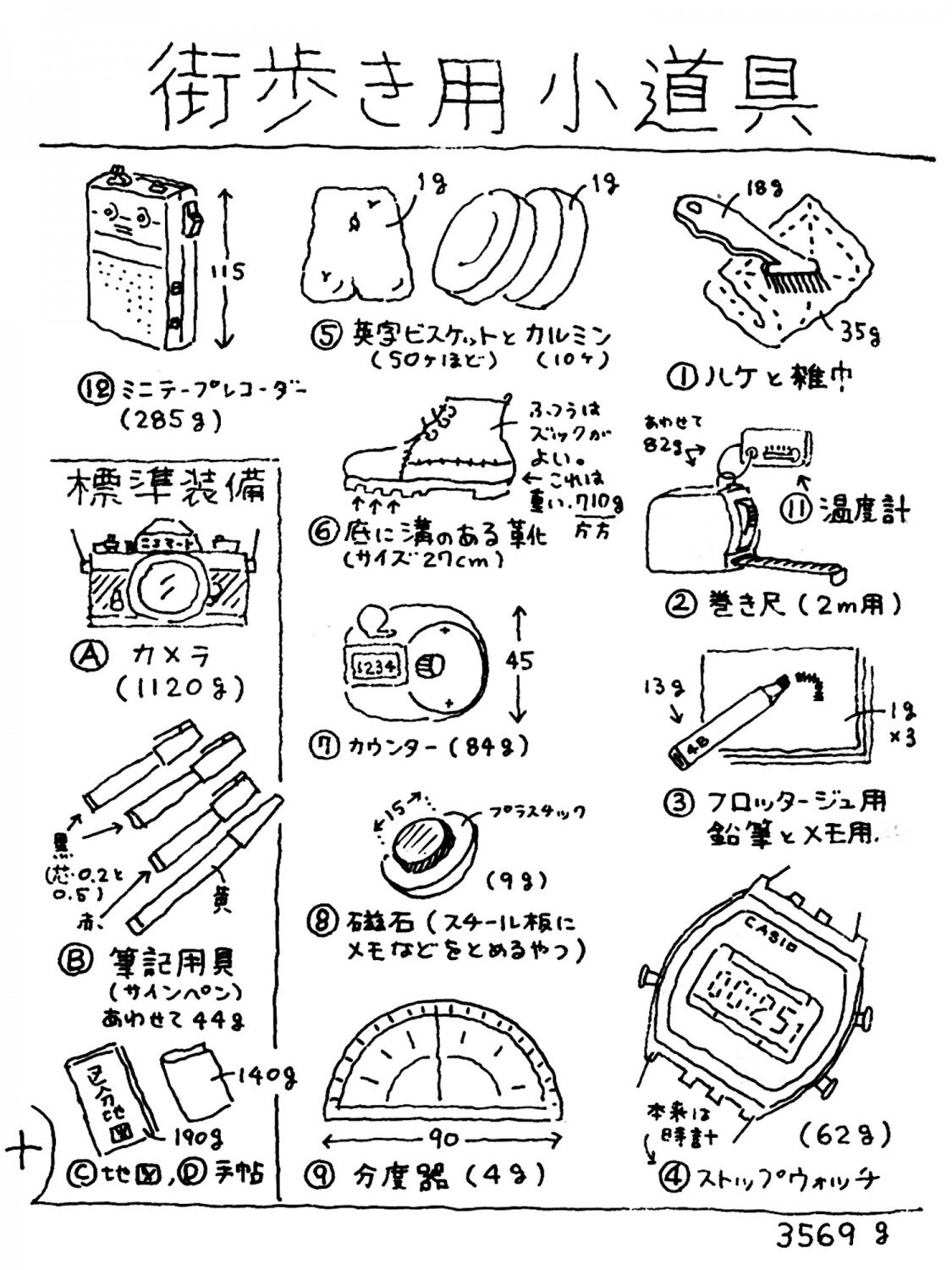(On-site Summer Program, co-taught with Yukiko Koga)
Japan's popular culture is infused with the memory of empire, war, and modernity, from anime (such as Miyazaki's Princess Mononoke) to fiction (such as Haruki Murakami's Wind-up Bird Chronicle) to manga (such as Osamu Tezuka's Astro Boy). This summer program explores the contradictory and contested understandings of Japanese victimhood and perpetration that form its memory landscape and influences its contemporary identity. Through an ethnographic approach the course examines how memory of the past drives Japan’s globally influential cultural production as well as contemporary political debates, including about its postwar pacifist constitution, nuclear power, and ongoing controversies from the period of Japanese colonialism and the Second World War. The program will be based in Tokyo, where Japan's modern history is etched into its urban landscape. A major part of the class consists of field trips in the city that seek to make visible its historical layers: from the imperial center to the legacy of the air raids, from symbols of postwar recovery such as the 1964 Olympic sites (being reused for 2020) to hypermodern skyscraper districts and sites of consumption and reinvention, from its concrete cityscape to its hidden ecological history. From Tokyo we will take a field trip to Hiroshima and Nagasaki to analyze them as sites that complicate the dynamic of both Japanese victimhood and perpetration. Students will read and view a combination of material from ethnographic and historical studies, film, fiction, poetry, and manga. Students are required to keep field notes and undertake mini-ethnographic projects.
